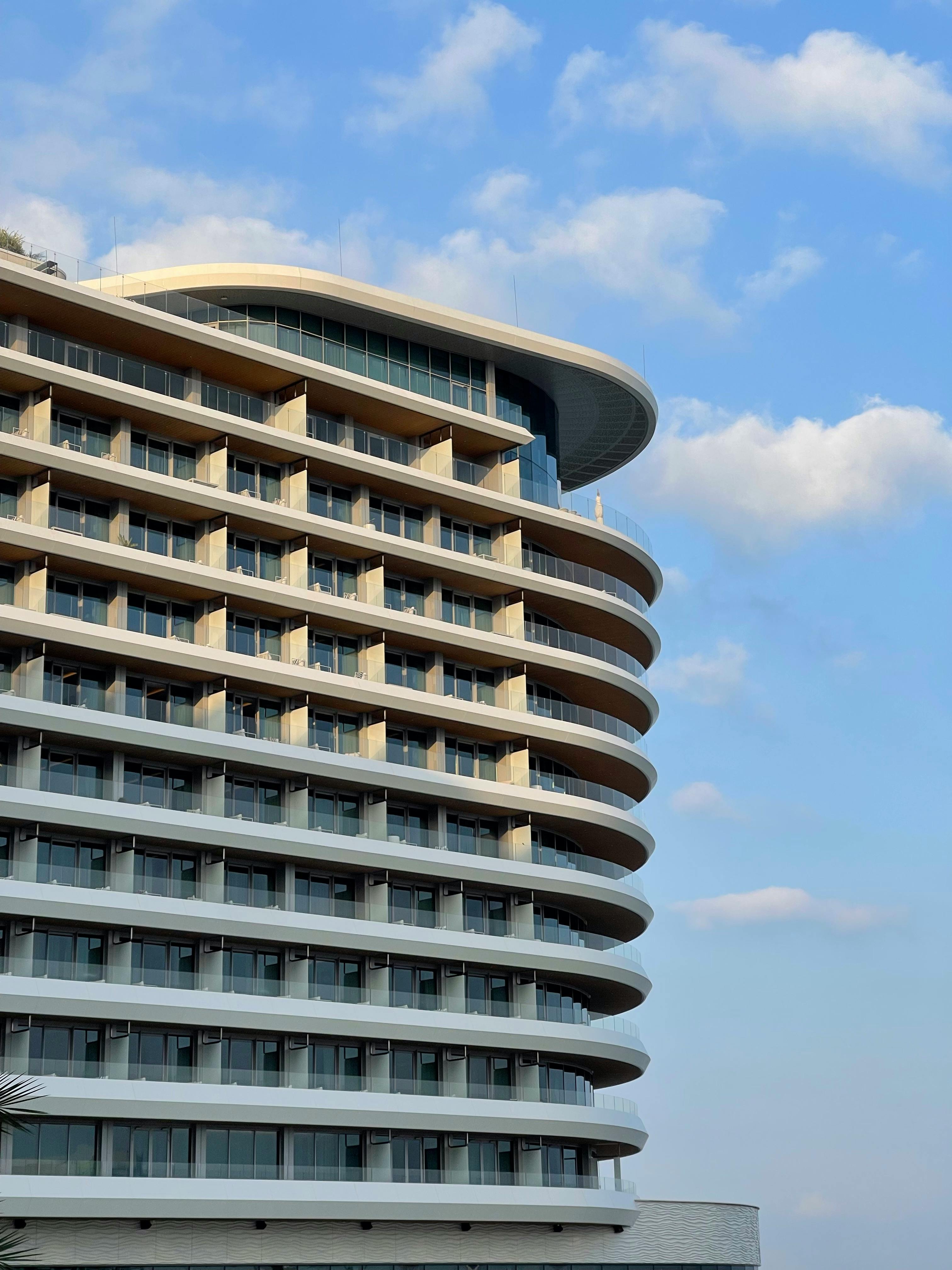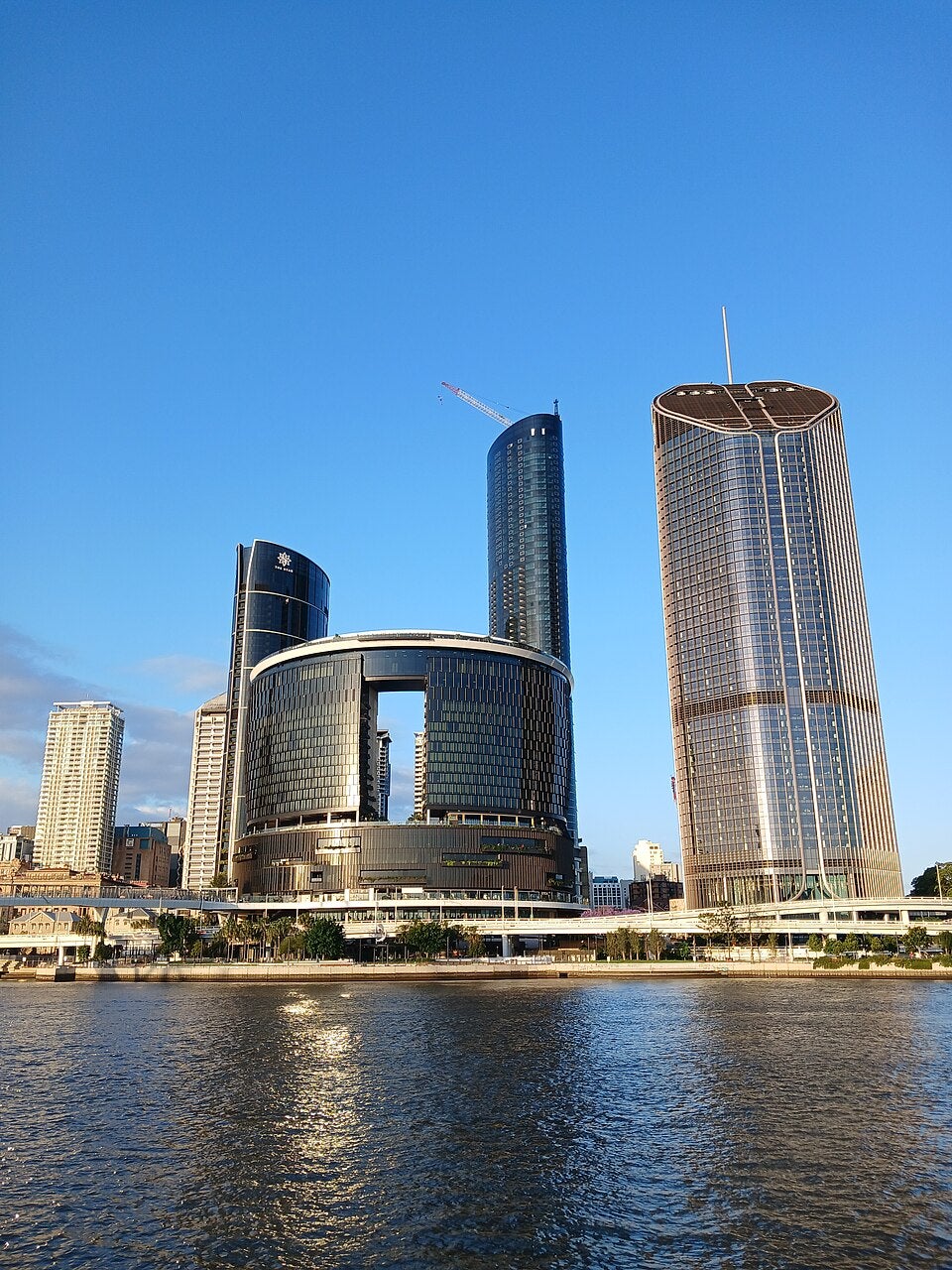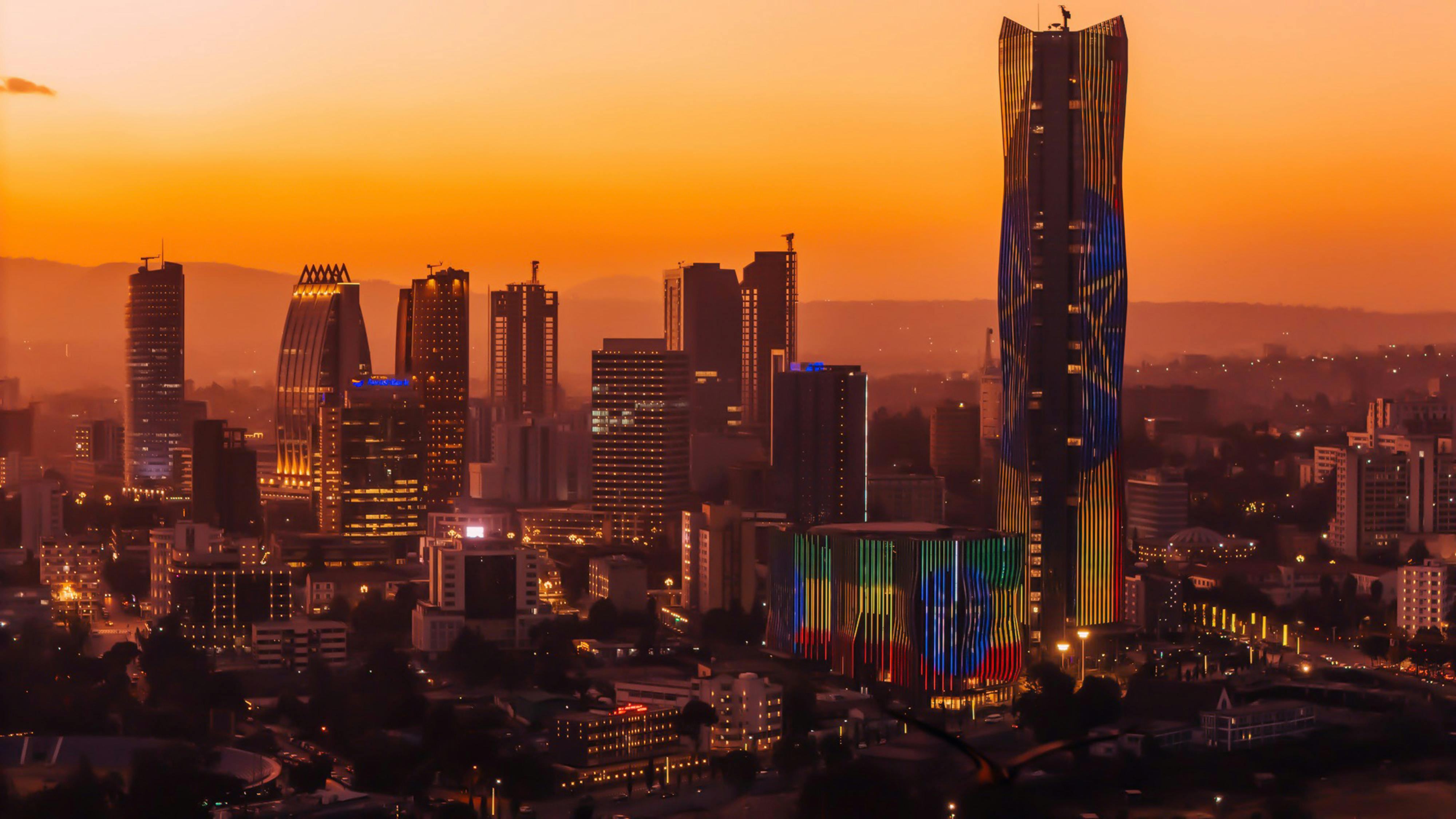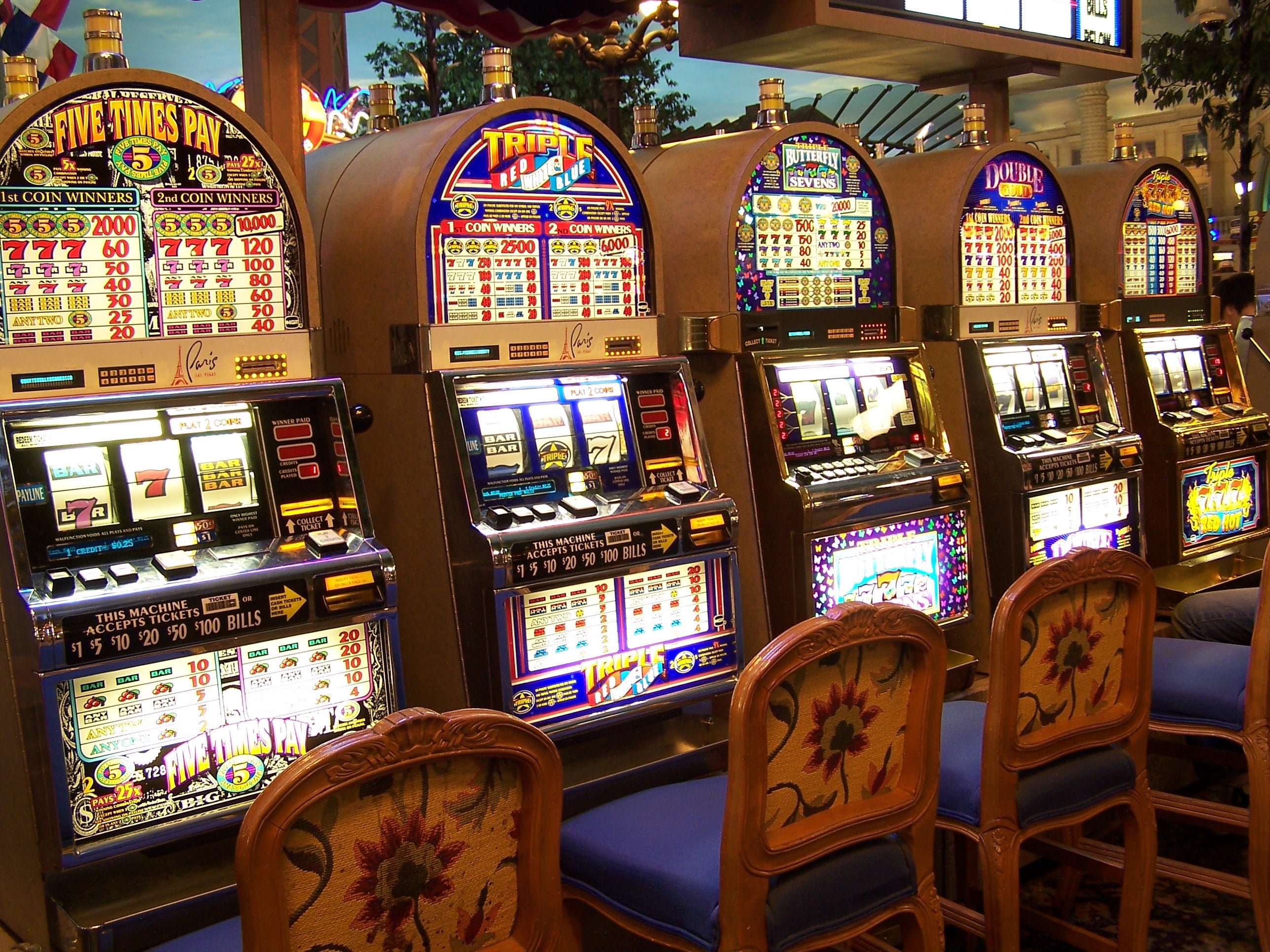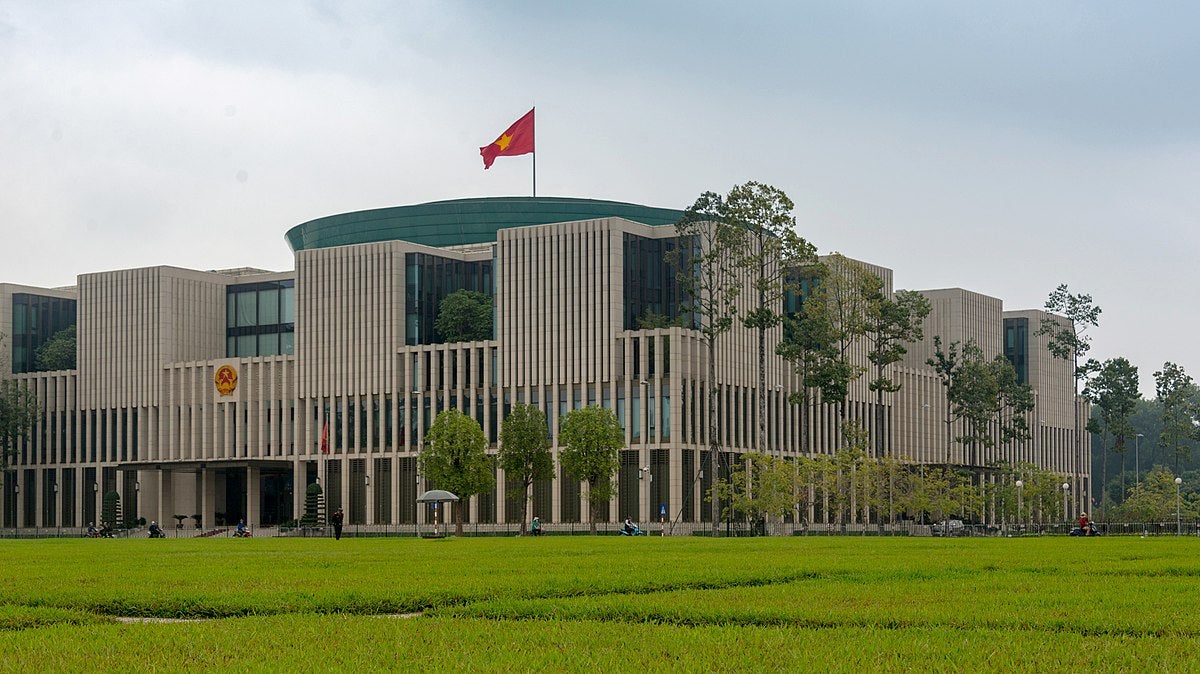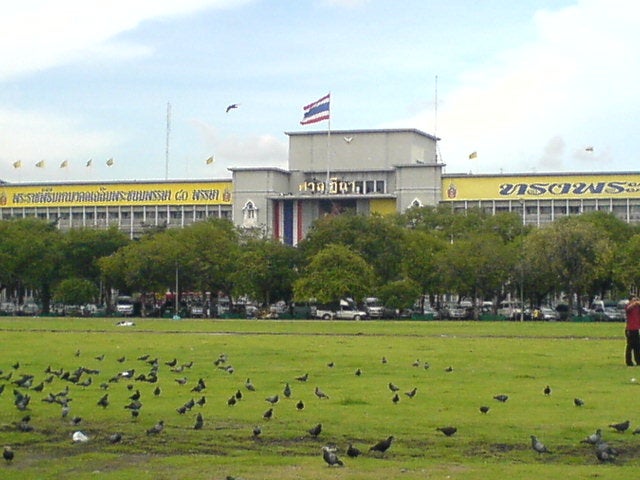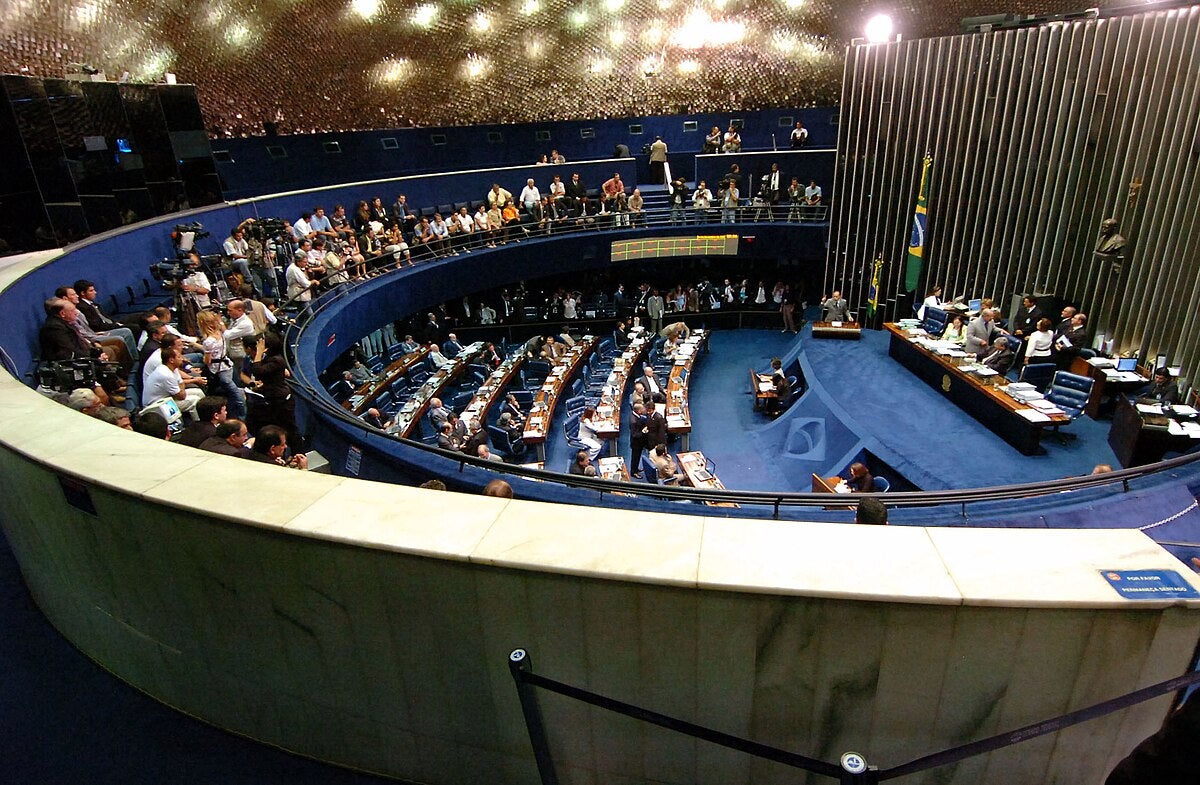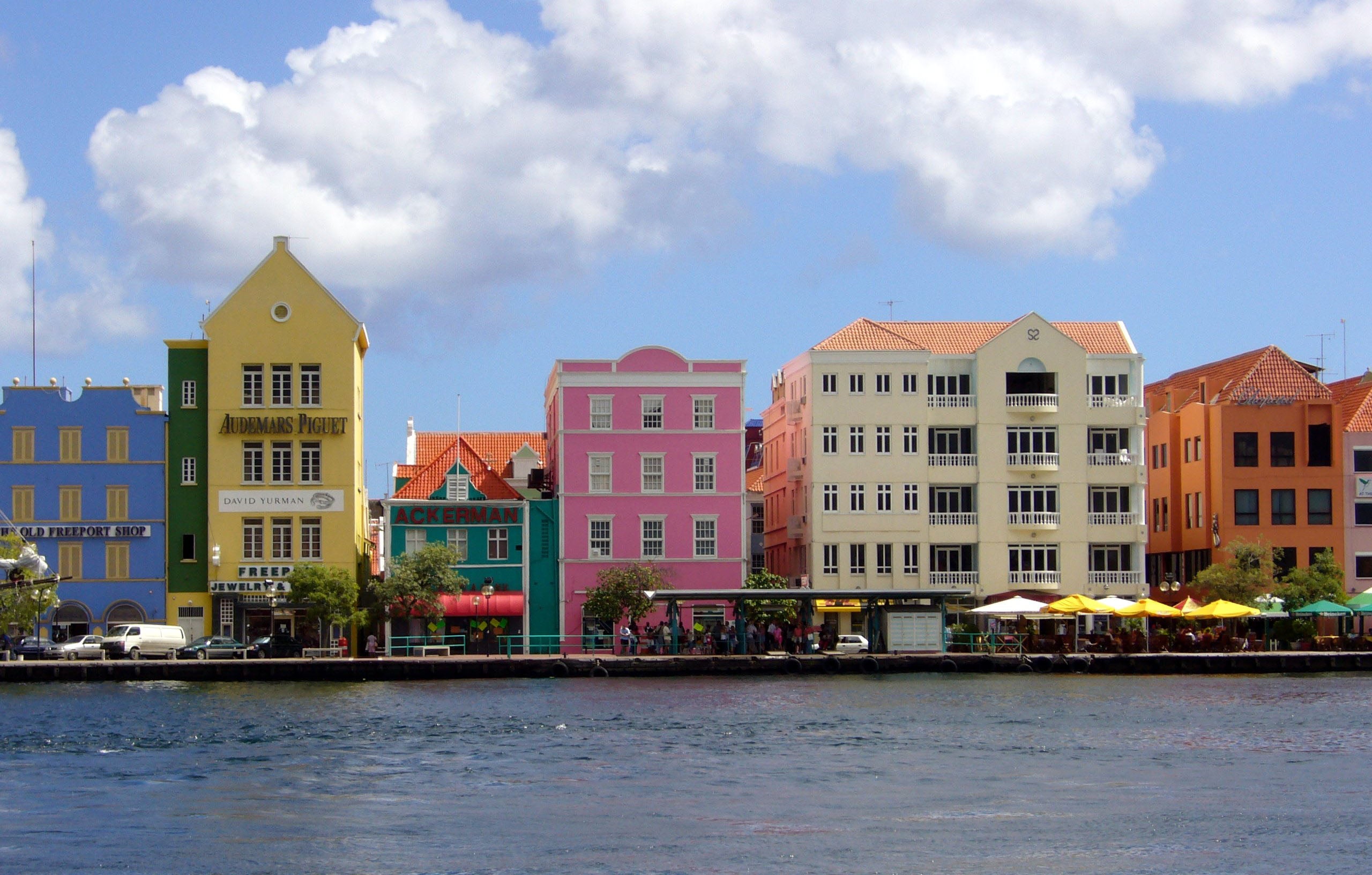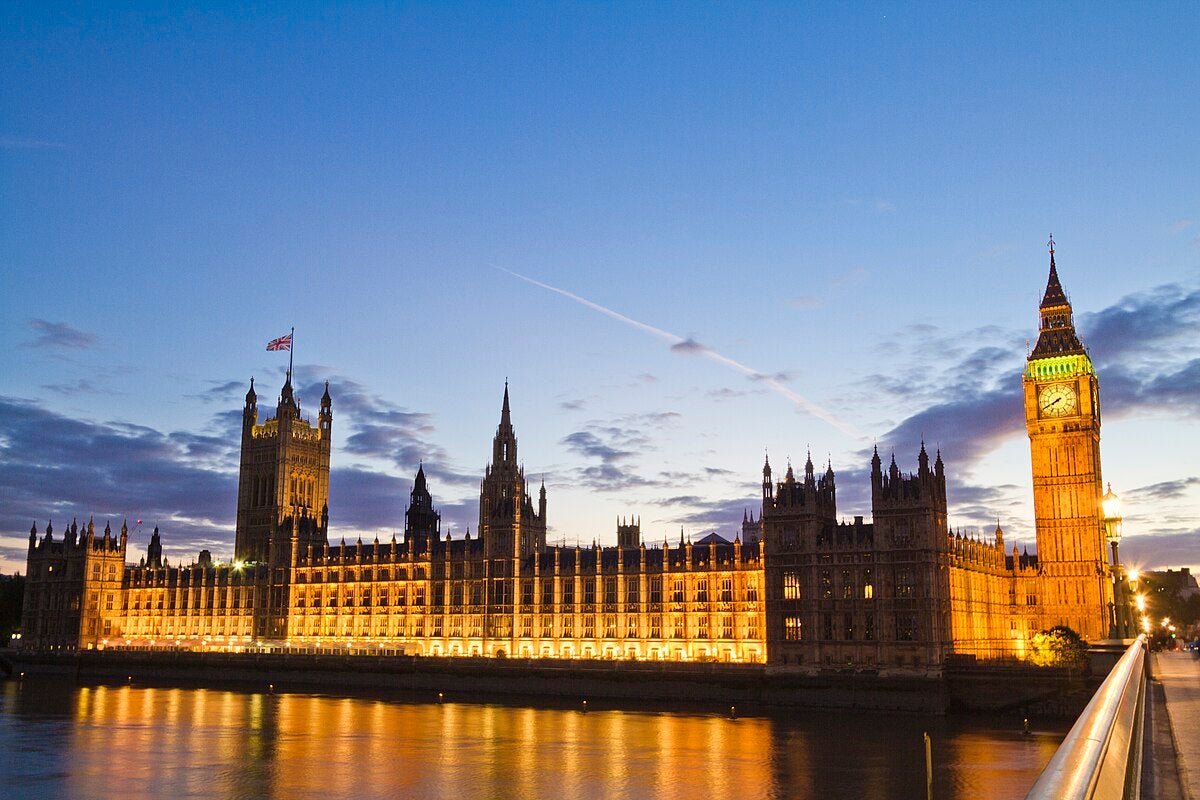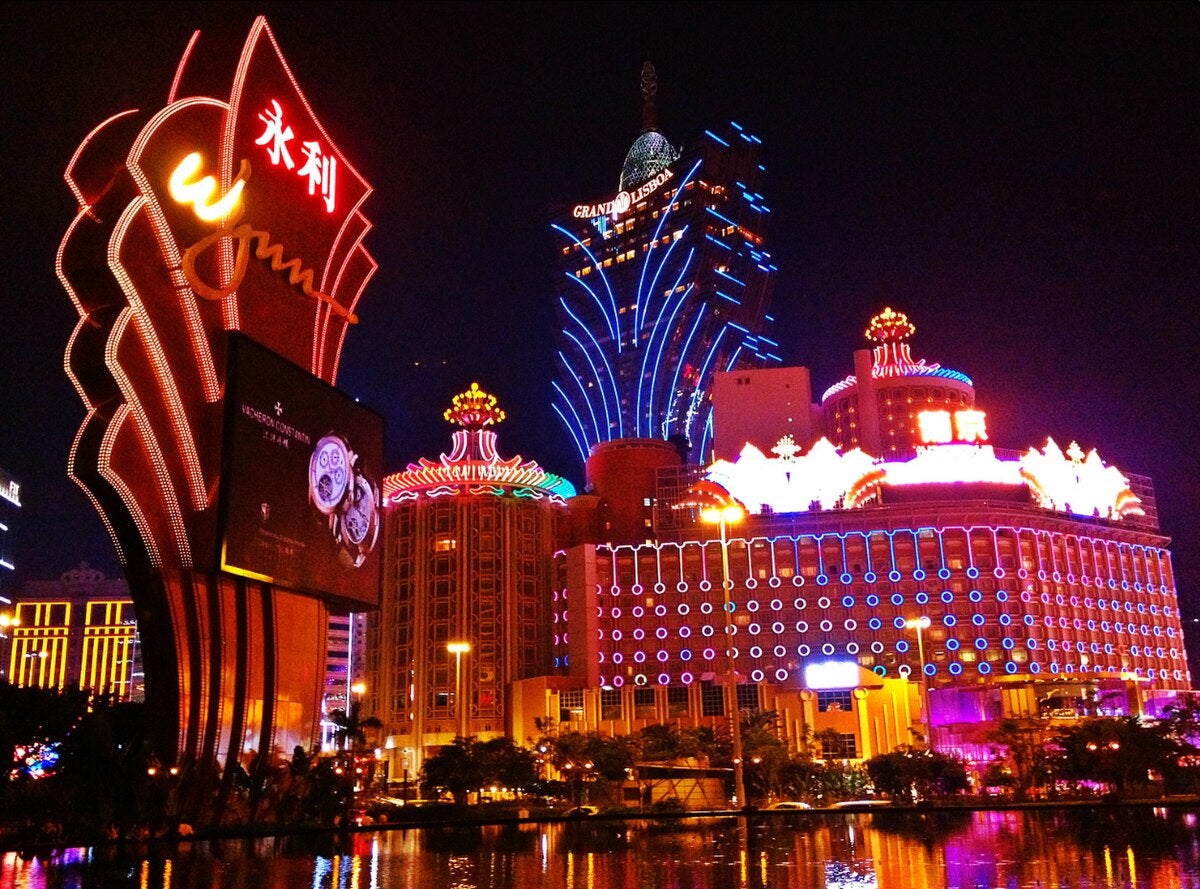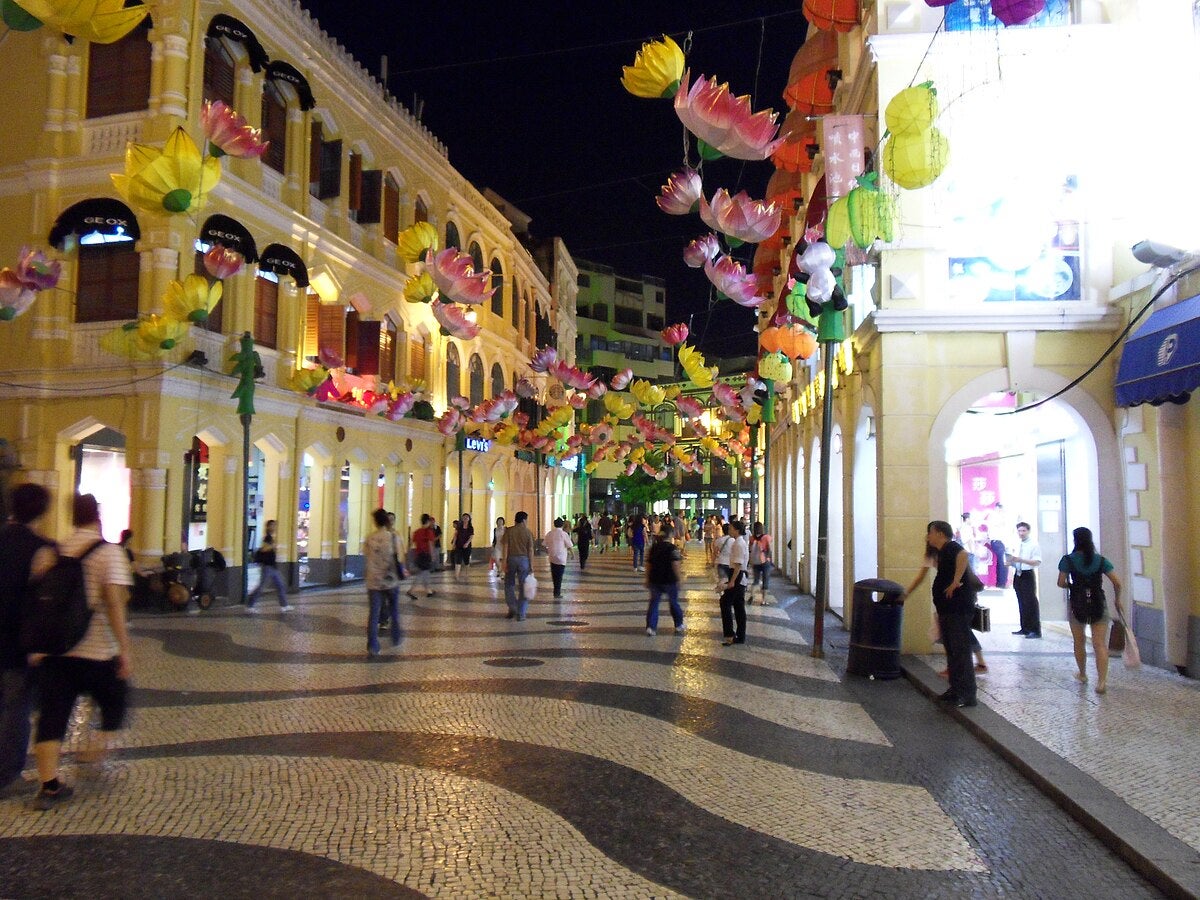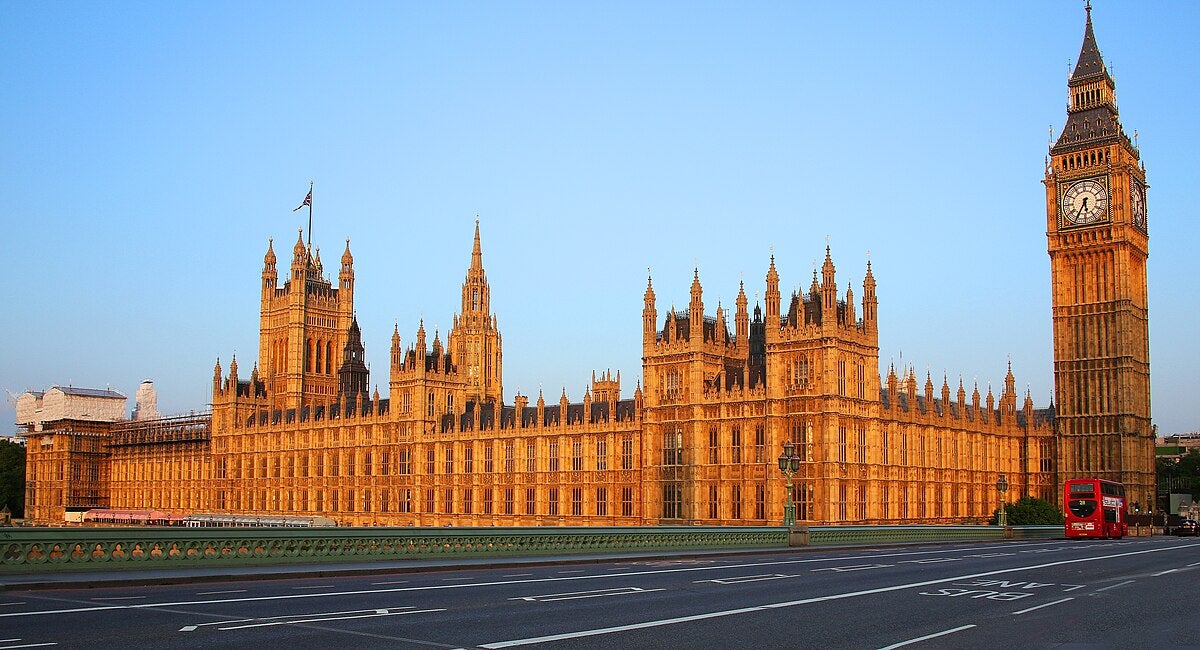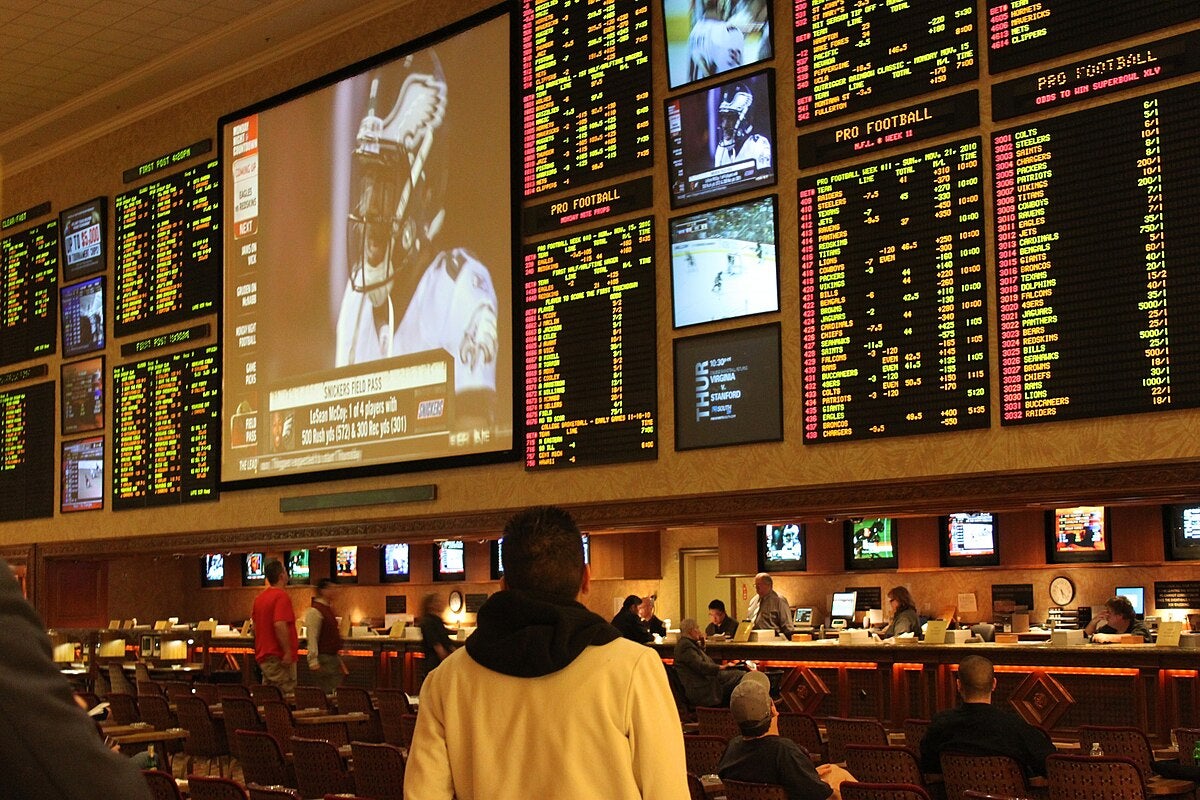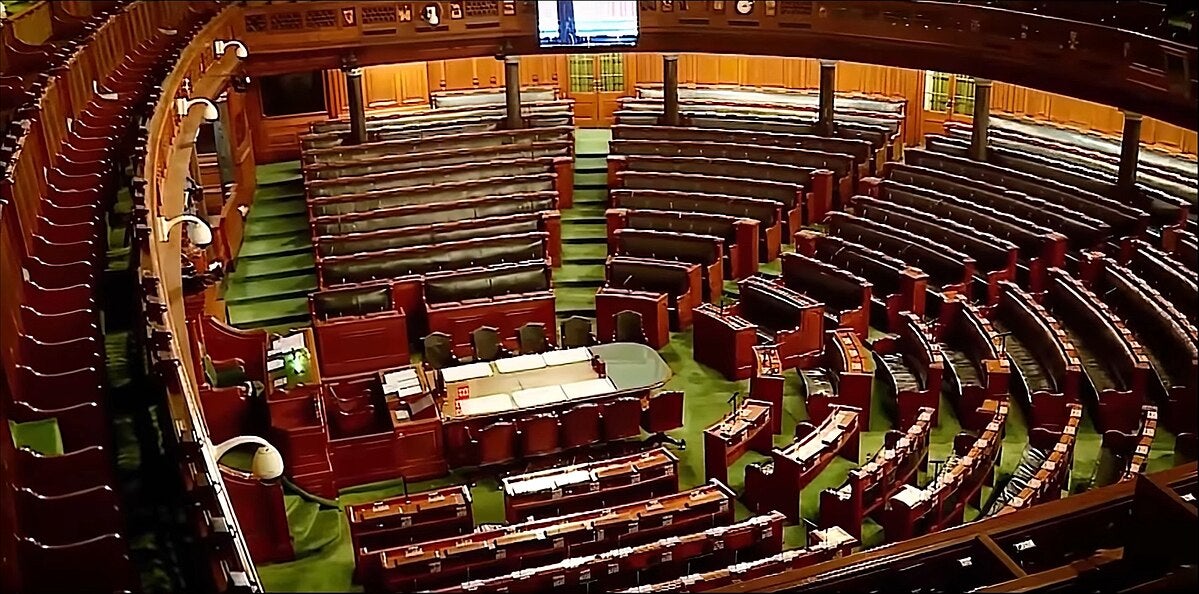IMF Cuts Growth Outlook
Diversification concerns come after the International Monetary Fund (IMF) sharply reduced Macau’s 2025 GDP growth forecast to 3.6%—half its October 2024 projection of 7.3%. The IMF cited stagnant gaming performance and diversification hurdles for forecast changes. Macau’s Q1 casino revenue edged up by 0.6% year-on-year to MOP57.66 billion (US$7.21 billion), trailing the government’s monthly MOP20 billion (US$2.5 billion) target needed to meet its annual MOP240 billion (US$30 billion) goal.
Sands China’s Wilfred Wong acknowledged the challenges, noting the current government, which entered office in December 2024, has “had time to assess non-gaming priorities.” He emphasized the need for operators to align with government directives to yield results, urging specialization to prevent the region’s six casino operators from duplicating efforts.
Regulatory Task Force in the Works
Macau’s government will establish an interagency oversight body under the Economy and Finance Bureau to monitor casino operators’ compliance. It will oversee their diversification targets and recalibrate their investment allocations towards priority non-gaming sectors in Macau and neighboring Hengqin Zone. The focus will be on cultural projects, sports infrastructure, and leisure tourism hubs.
Secretary Tai reiterated these efforts, maintaining that legal oversight will ensure the gaming industry still grows through smart regulation while non-gaming investments elevate Macau’s global standing. Operators must align with the “1+4” diversification blueprint, which pairs gaming with modern finance, tech innovation, Chinese medicine R&D, and MICE (meetings, incentives, conferences, exhibitions) spaces. Tai stressed that economic resilience demands a balanced approach, framing the strategy as a critical tool against volatile market forces.
Local Resolve for Global Risks
Macau’s diversification push unfolds against a backdrop of geopolitical turbulence, with Secretary Tai citing “intensifying unilateralism and protectionism” as threats to global supply chains. Yet, he affirmed confidence in Macau’s trajectory, noting Beijing’s unwavering support as a stabilizing force.
Plans to attract Gen Z travelers and expand in Southeast Asian, South Asian, and South American markets will be bolstered by the new overseas cultural-tourism offices. While these initiatives reduce economic vulnerability, Tai assured gaming will remain central to Macau’s economic growth.


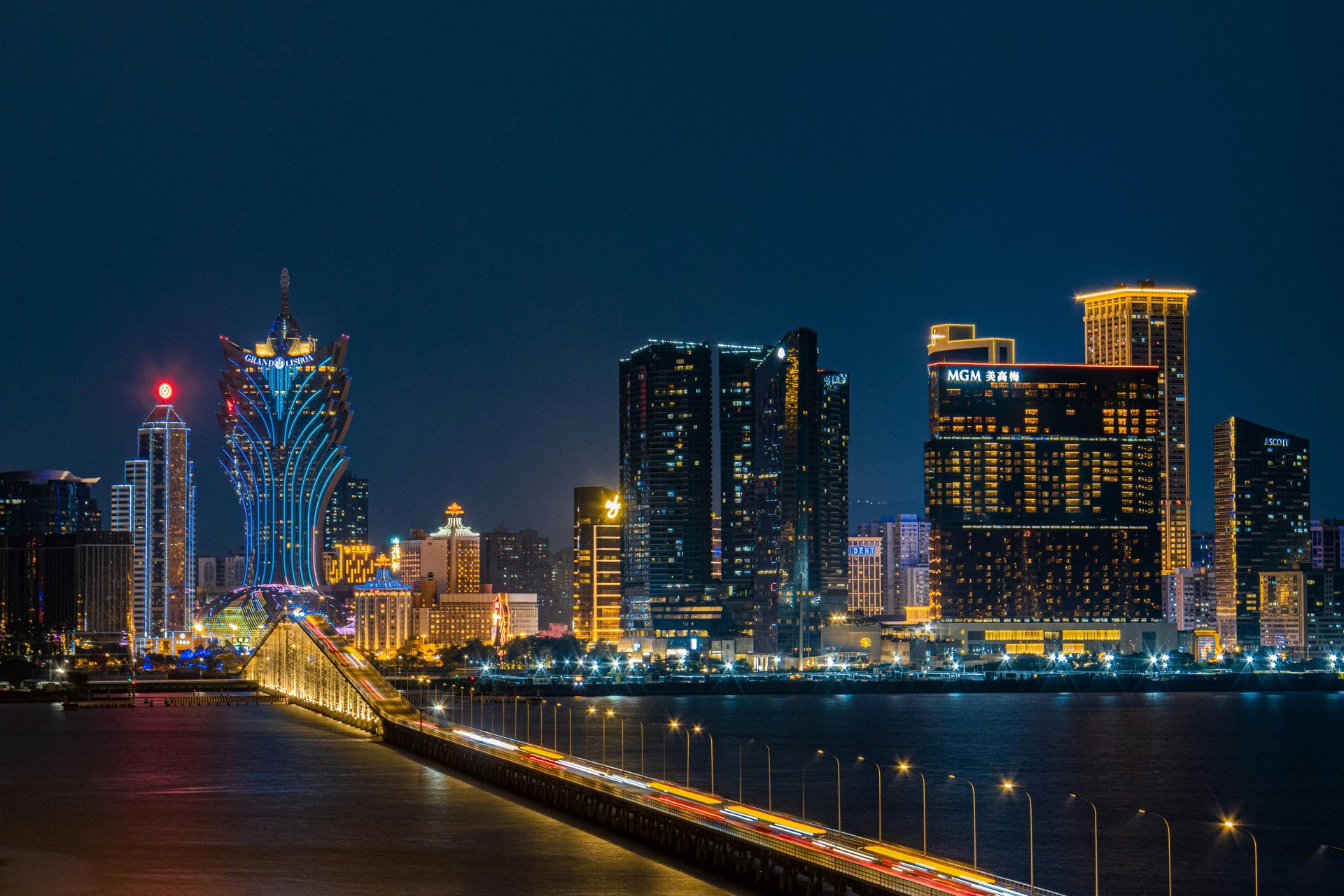


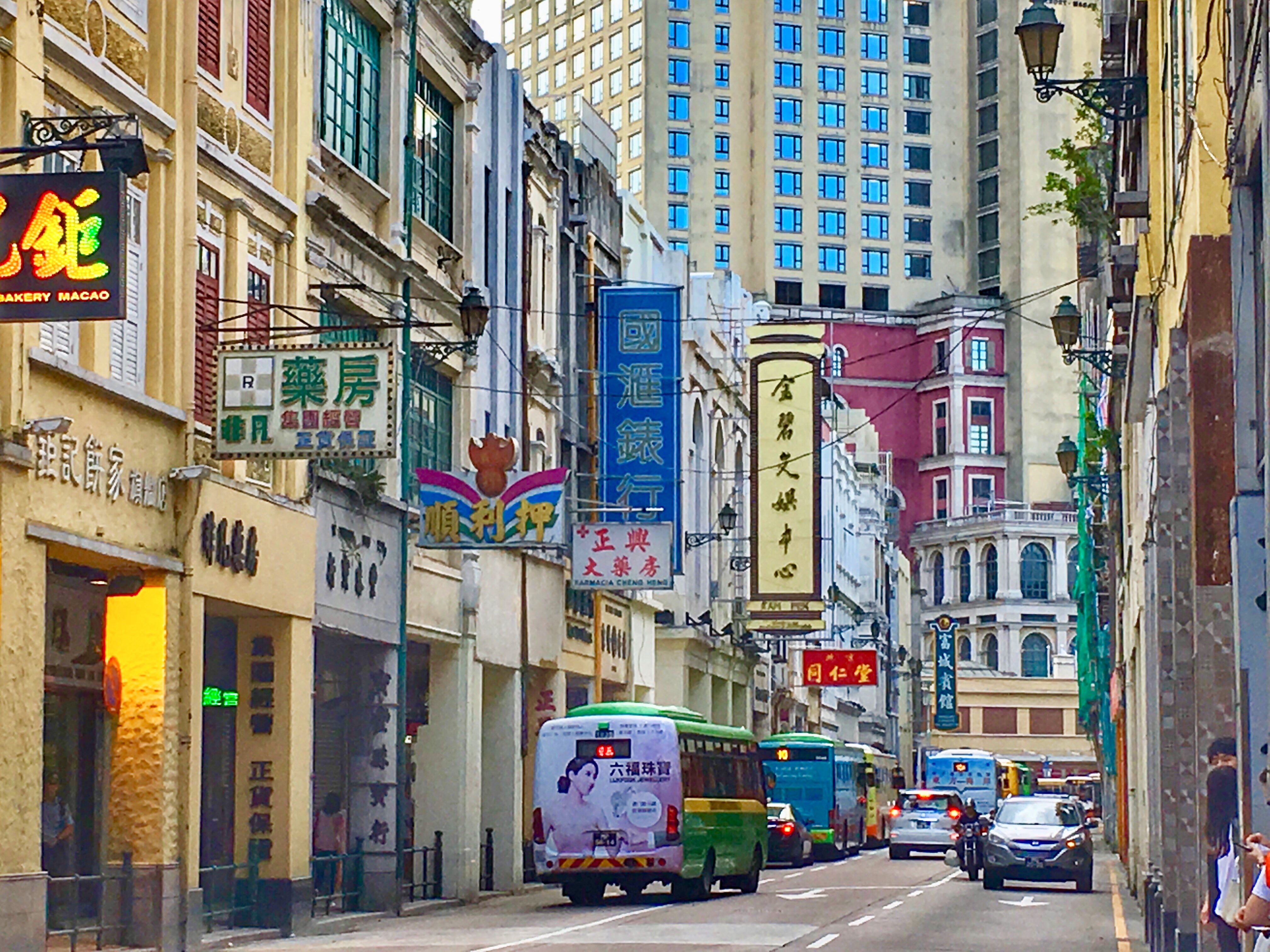




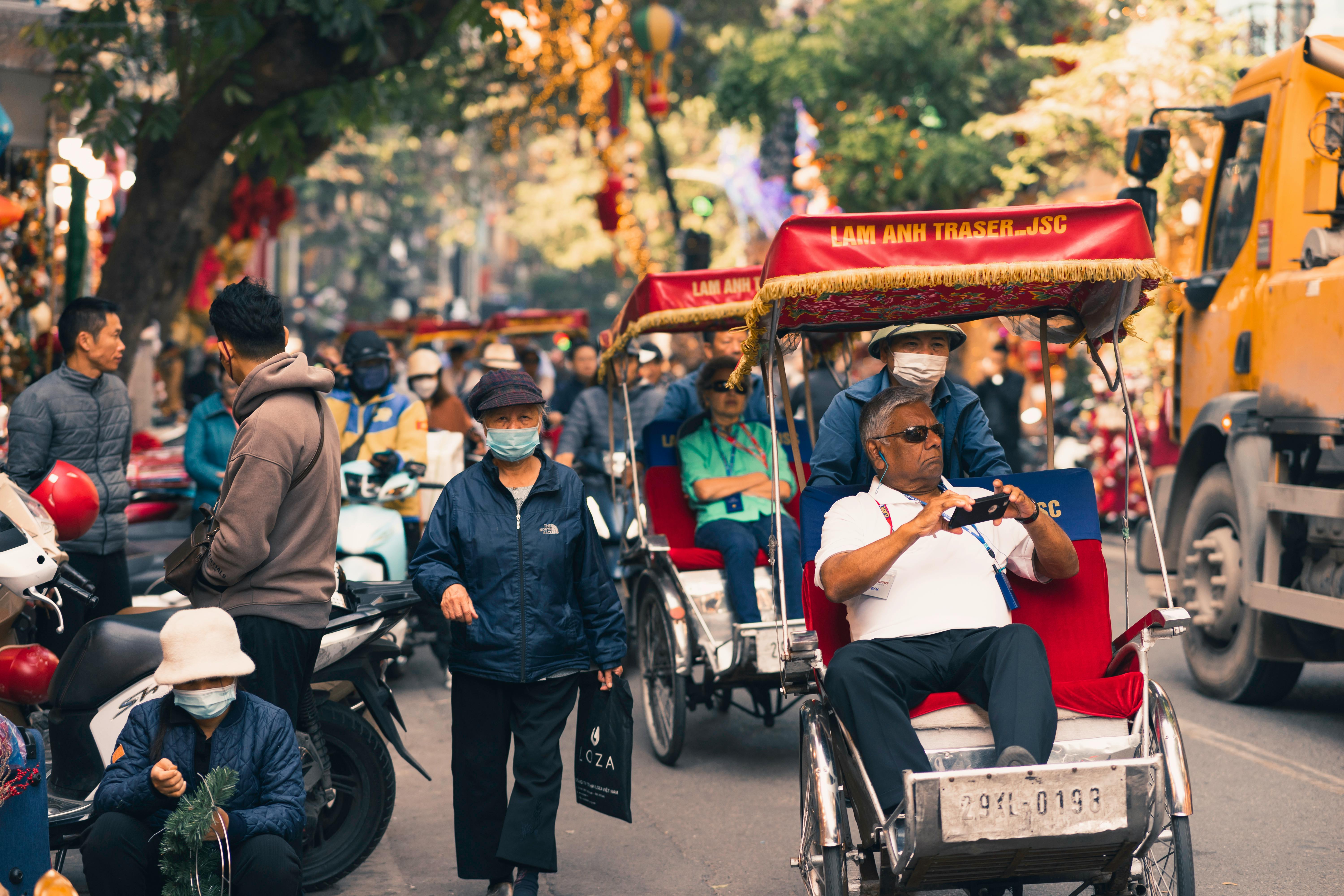
.jpg)

